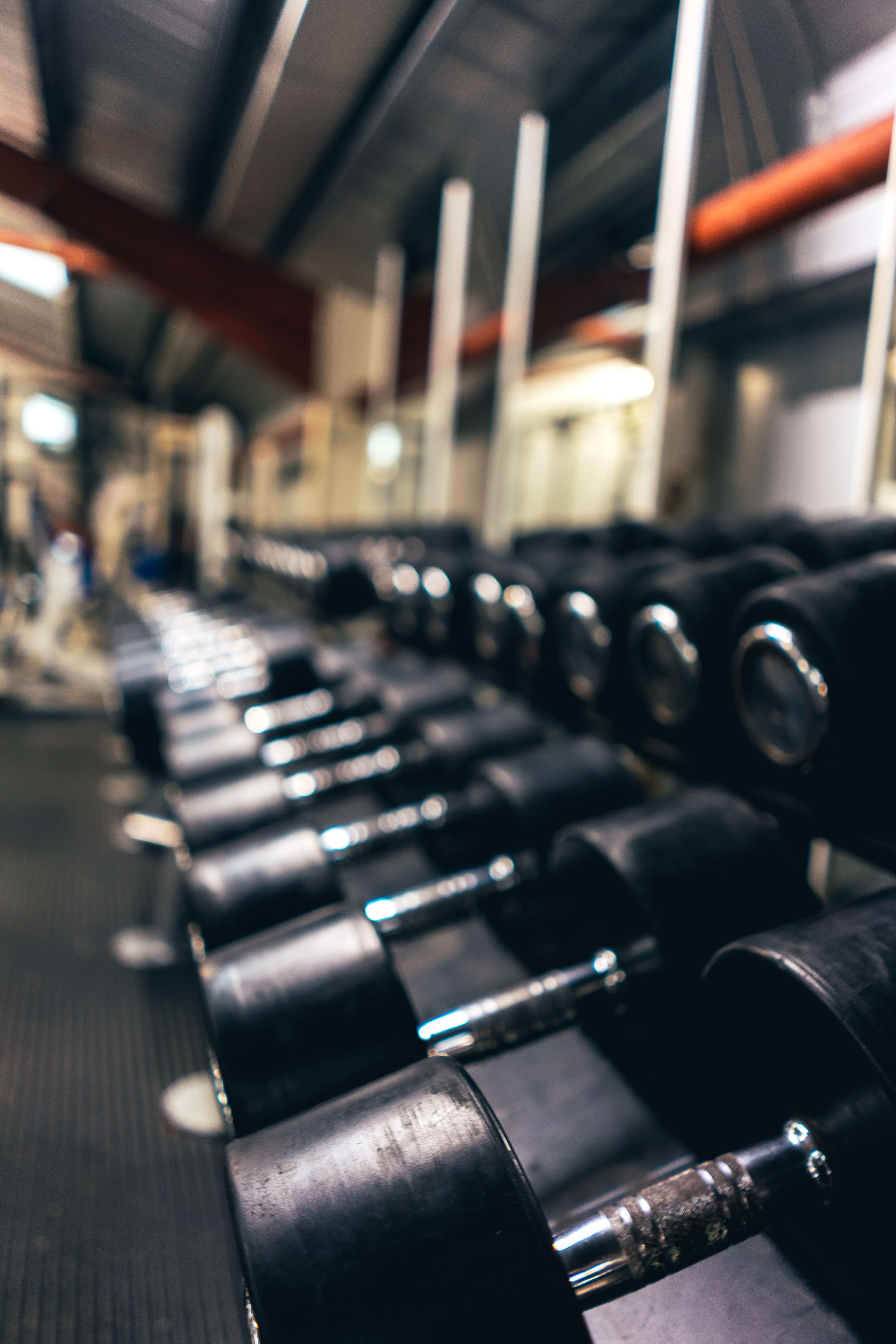Habits are tricky. They are insidious. They can steal time or give you back time.
I’ve come to believe that habits are the key to a healthy life. The things we habitually do, as well as the things we habitually don’t do, make the difference between feeling good and feeling bad.
A couple of years ago I started getting a coffee at the drive-thru when I was out and about, which was just about every day. When the pandemic started and remote school started, I realized what a strong habit I had created. Even though I had a perfectly good coffee maker at home, I wanted to go out and buy a coffee. Looking back, there were days I ran errands just so I could get my coffee. Never mind my carbon foot-print, the time I wasted, or the money! If I was going out in the car in the morning, I needed to go buy that (decaf!) cup of coffee.
Even though I changed that habit quickly (I’m sure the threat of COVID-19 had a lot to do with that) I was surprised by how much resistance I felt to actually making the change. Once I created a new habit, one where I make coffee at home, I started to prefer that. Now, I make coffee at home and I don’t even usually take it in the car with me when I go out. I just have it before or after.
My coffee habit is unimportant, but it helps me see what my mind is doing. Habits, big and small, are very powerful, because they become automatic—unconscious—and so we repeat them, for good or ill, for months, years, even a lifetime.
I want to live my life intentionally.
So I’ve decided to create—or break—habits and look for the evidence that the change I’ve made is good for me.
For example, I decided to join a gym this summer, for many reasons. I found a CrossFit gym near me where all the coaches were vaccinated (as I am) and everyone stays in their own lane. Once I joined the gym, I looked for evidence that it was working for me. Initially, I told myself just going was a win, so I noted down how many times a week I attended classes.
Once I’d been going for about six weeks, I thought I should measure my weight. Every other time I’ve increased my workouts, I’ve lost weight. Not this time. I actually gained a couple of pounds, so that was not the evidence I was looking for! I realized I was gaining muscle, so I wasn’t going to lose weight. I had to search for other evidence.
Which I was able to find easily:
- I can lift heavier things around the house (or at the campsite.) My husband had surgery this summer and couldn’t lift anything heavier than a gallon of milk so I have been doing the heavy lifting—without too much trouble. I could lift the bikes over my head to get them on the bike rack on the back of his truck, though I needed him to steady the bikes so I could get the wheels in the tracks.
- My pants fit well, despite gaining a couple of pounds. I didn’t gain the weight in my belly, but (I’m assuming) in my arm and shoulder muscles.
- I feel really good after my classes. Energized and ready for the day.
If you want to make a change, pick a habit you want to start—or one you want to stop—and look for the evidence that it’s working.
If you focus on the positive, you’re more likely to continue for the 21 or 60 days or however long it takes for this new behavior to become a habit, something you do without even thinking about it.
Harness your habits to change your life for the better.

